Contribution à l’épanouissement des ménages du monde rural du Diocèse de Sokodé au Togo à travers l’entreprenariat familiale
- Financiers: Conferenza Episcopale Italiana
- Start year: 2015
Description
The general objective of the project, which lasts 3 years, is to improve the living conditions of the population of the Diocese of Sokodé in the Central Region of Togo.
The specific objective is represented by the promotion of the schooling and professionalization process of 1.000 younger people of these villages: Afém-Kabyè, Babadè, Djamdè-Mono, Goubi, Haloukpaboudou, Kaboli, Mazada, Tantouwai, Toukoudjou, Yomaboua, Adjengré, Dalanda, Bago, Dereboua, Laoundé I, Laoundé II, Egbamdé, Fitah, Kpambouré and Mélamboua.
The expected results are:
- training of 700 children (6-13 years) is strengthened and the economic capability of their families of origin to support the costs arising from it is reinforced;
- technical skills of 300 children of working age (14-17 years) have increased and income-generating activities are initiated and/or strengthened;
- awareness of the population about the importance of education, formal/informal and scholastic/professional has increased.
The direct beneficiaries are represented by:
- 700 children (6-13 years), who will benefit from an afternoon support by specialized trainers and of ad hoc training courses;
- 300 children of working age (14-17 years), who will benefit from reinforced technical skills, a facilitated access to credit and a constant support to income-generating activities promoted and/or managed;
- 700 members of the families of school children supported, who will benefit from a facilitated access to credit, a constant support to income-generating activities promoted and/or managed, a greater capability to support the scholastic costs of their sons;
- 2.000 inhabitants of the 20 involved villages, who will benefit from a greater awareness about the right of children education and the economic and social importance of the same thing.
In the 20 involved villages, the number of people of a family unit varies from 5 to 12; considering the will of the project to promote the families “more numerous”, the indirect beneficiaries are represented by 8.000 people (1.000 family groups x 8 components/family group) belonging to the same families of 1.000 children (700 school age + 300 working age) supported through the implementation of training courses and the provision (indirectly in the case of children of school age and directly in the case of children of working age) of credits. The indirect beneficiaries, through income-generating activities carried out by their families, will improve their living conditions, being able to take advantage of higher income and more significant savings which can meet whether basic needs or unexpected problems/emergencies.
